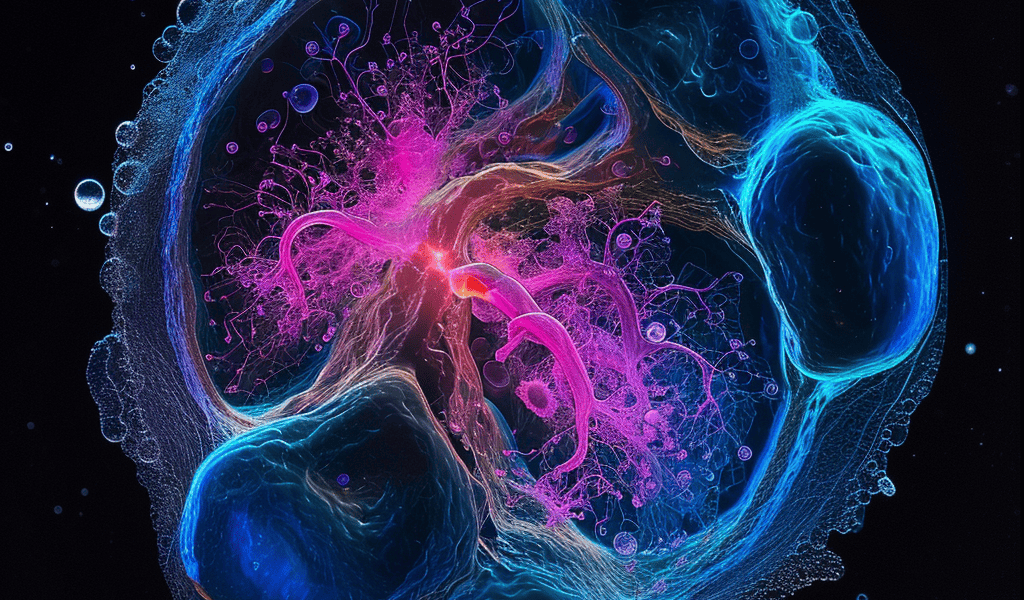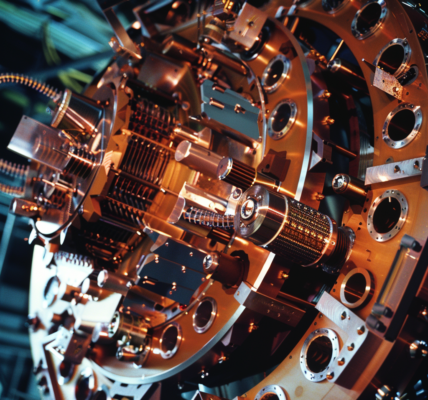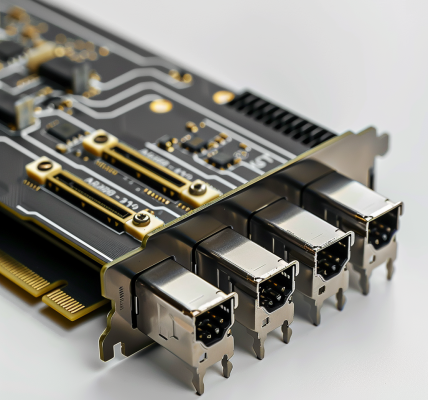Enhancing Organoid Culture Optimization and the Importance of Growth Factor Bioactivity and Reagent Consistency
An organoid is a simplified and smaller version of an organ produced in vitro. Organoids resemble the cellular architecture and composition of the original tissue and demonstrate functional similarities. This article talks about enhancing organoid culture optimization and the importance of growth factor bioactivity and reagent consistency.
Organoids are derived from embryonic stem cells (ESCs), primary tissue, or induced pluripotent stem cells (iPSCs), which are capable of self-renewal and differentiation. In certain culture conditions, these cells will form three-dimensional structures that self-organize into organ-like tissues.
Organoids are comprised of various cell types arranged in precise alignment with each other and the extracellular matrix. These components exist within a physiologically appropriate environment. Organoids are also flexible to long-term expansion and manipulation and are therefore increasingly utilized as in vitro model systems for studying human organ development, drug efficacy or toxicity, modeling disease conditions, and investigating personalized medicine.
Organoid systems have been developed for various human tissues, including brain, kidney, lung, liver, pancreas, colon, inner ear, intestine, prostate, and retina. As the conditions for culturing organoids vary, the reagents and protocols required for their generation must be tested and optimized.
Once established, researchers must ensure that the optimal culture conditions are reproducible so that the organoids can be passaged successfully. This instills confidence, as researchers know that they are working with identical systems in successive experiments.
Some of the more crucial components of organoid media are growth factors (like R-Spondins, Noggin, and Wnt-3a), which must display batch-to-batch consistency, high levels of activity, and be free of contaminants to guarantee that they provide consistent and optimal organoid growth.
These proteins can be challenging to make, so the reagents must be obtained or produced from a trusted source to ensure they maintain a high level of activity and consistency. This gives researchers the confidence that the experiments will be reproducible over time.
Many organoid researchers rely on R&D Systems as a reliable source of reagents because of its quality control specifications and rigorous in-house testing. This is substantiated by the multitude of publications referencing the utilization of R&D Systems R-Spondins, Noggin, and Wnt-3a in organoid culture optimization.
Image Credit: Bio-Techne
R&D Systems™ is the most trusted source of recombinant proteins for organoid research





